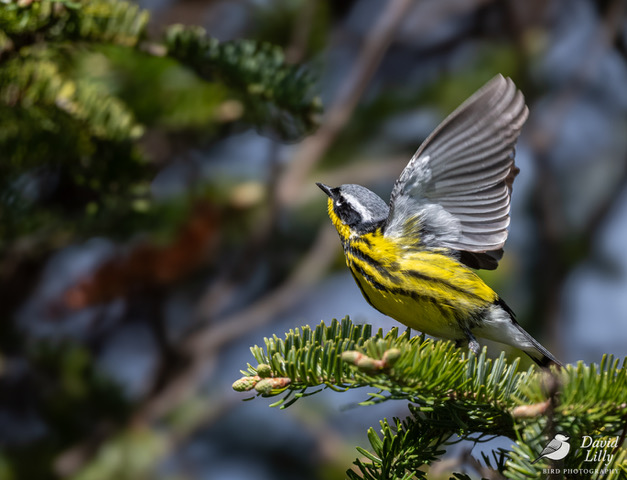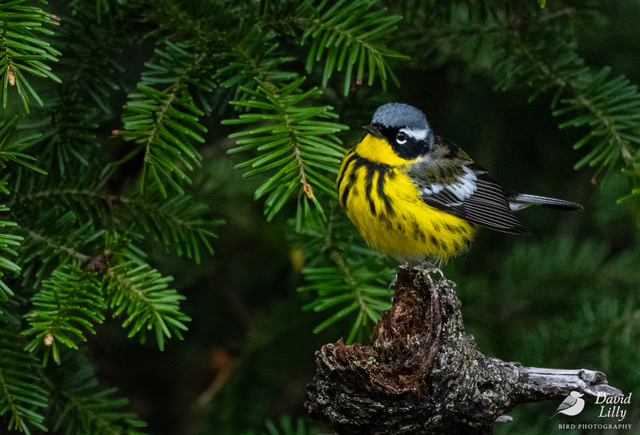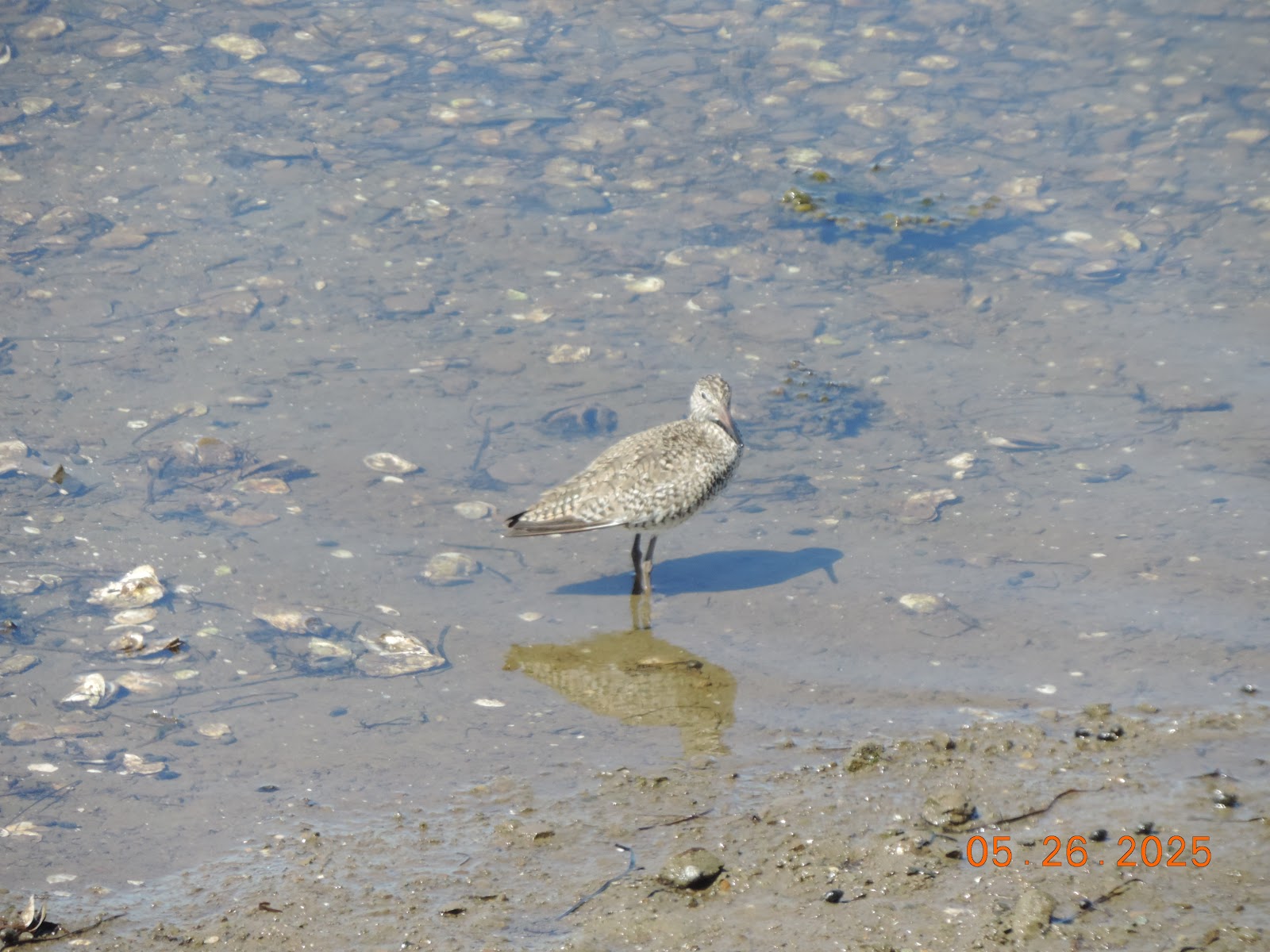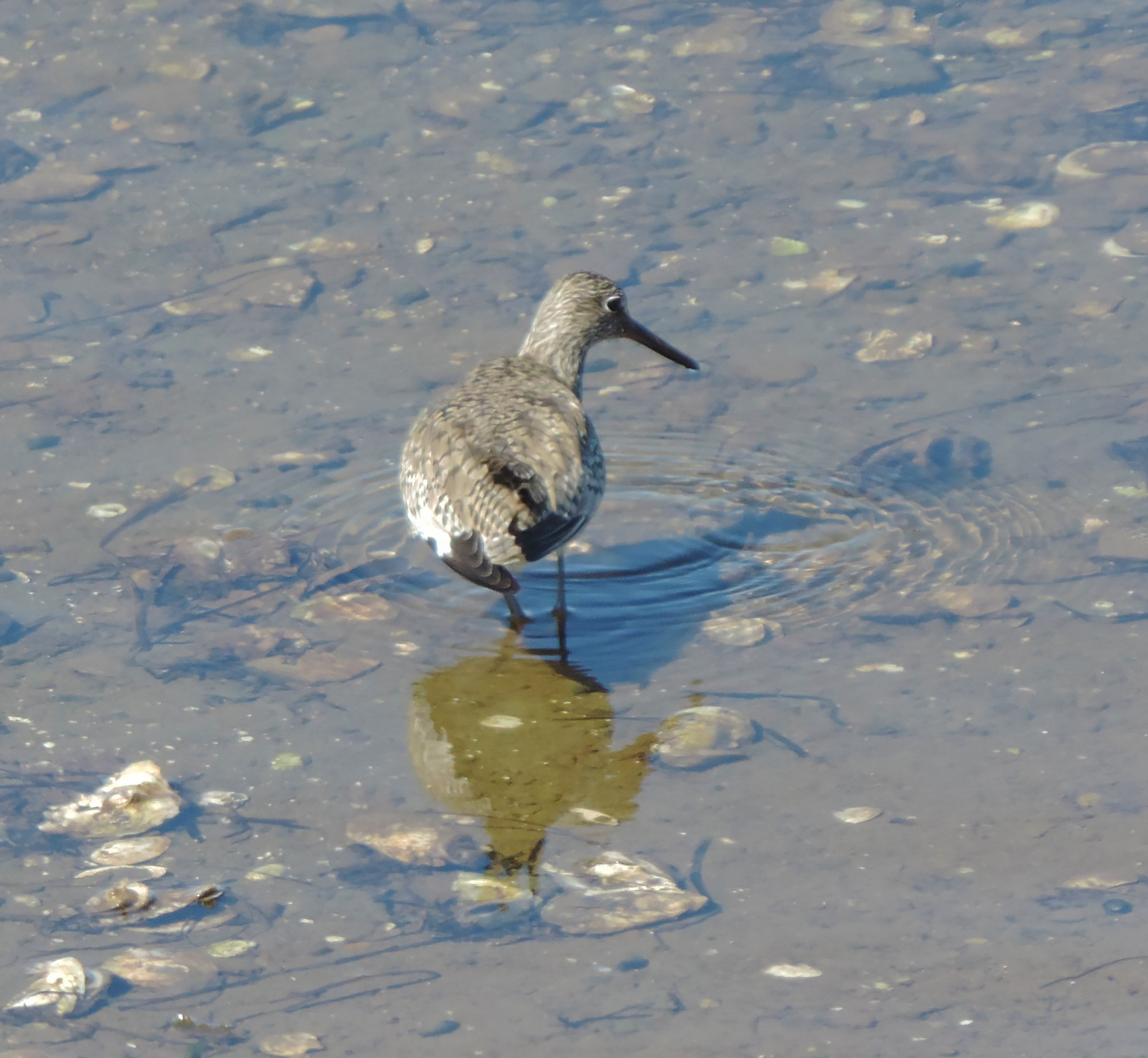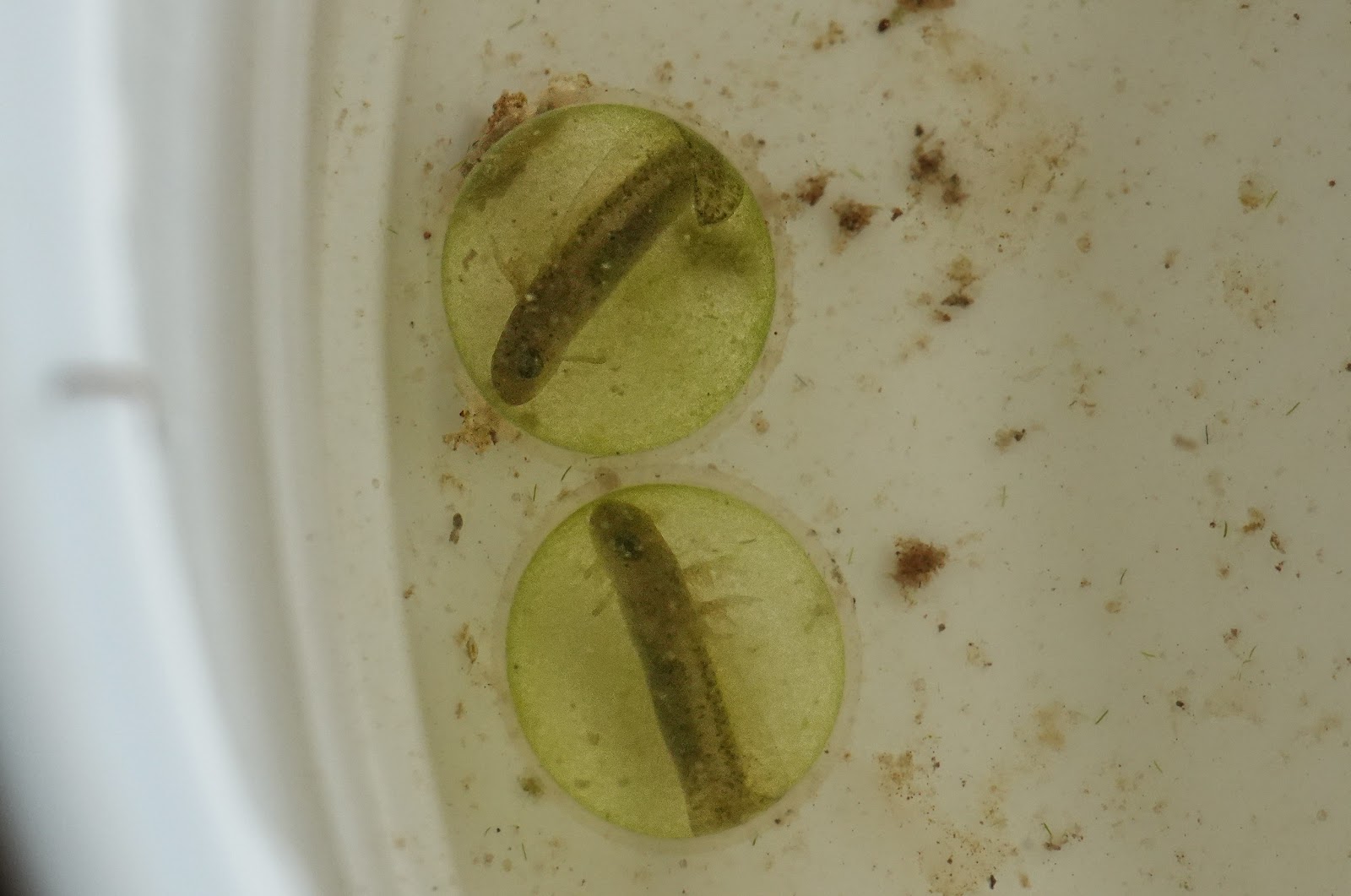NATURE
MONCTON NATURE NEWS
May 27, 2025
Nature Moncton members, as
well as any naturalist in New Brunswick or beyond, are invited to share
their photos and descriptions of recent nature sightings to build a fresh
(almost) daily edition of Nature News
To
respond by e-mail, please address your message to the information line
editor, nelsonpoirier435@gmail.com .
Please
advise the editor at nelsonpoirier435@gmail.com and the proofreader
Louise Nichols at Nicholsl@eastlink.ca if
any errors are noted in wording or photo labelling.
For more information
on Nature Moncton, check the website at www.naturemoncton.com
Proofreading
courtesy of Nichols nicholsl@eastlink.ca
To
view the live feed of the Peregrine Falcon nest cam on the summit of Assumption
Place in Moncton, go to:
**The sunshine on Monday afternoon brought out some butterfly activity for Louise Nichols in Aulac. She finally spotted some elfin butterflies in their woods and photographed a couple of brown elfins and one bog elfin. She also caught a northern azure with its wings open to show the wide dark border on the top of the wings to indicate a female. In their pond, Louise photographed a caddisfly larva in its constructed case that was moving around above a bundle of salamander eggs. Louise includes a photo of a couple of developing yellow-spotted salamanders still in their egg sacs that she took a few days ago.
(Editor’s note: The literature points out
that the green growth often found on yellow-spotted salamander eggs is actually
a symbiotic relationship where photosynthesis provides oxygen to the developing
embryo.)
**Aldo Dorio photographed a willet at
Hay Island on Monday.
(Editor’s note: Willets are one of the
shorebirds that stay with us in New Brunswick to raise their families in summer.
Hay Island is a suitable habitat for them, and they can reliably be seen on a
visit there. They are plumaged quite conservatively; however, the wide, near-fluorescent
white bands on the wing flare like a flag when they take flight. They also have
a unique loud vocalization that, with a bit of imagination, announces the name
given to them.)
**The female red-winged blackbird is
plumaged quite conservatively compared to its male counterpart, often being a
plain brown striped bird.
John Inman noticed one of the female red-winged blackbirds
at his feeder yard with quite a bit of orange around her face compared to the
other females to make the males look just a bit bland!
John also comments that his now resident peregrine
falcon is still busy bulleting through the yard, some days taking home three meals: blue jay (blue menu!), blackbird, and morning dove.
**It is that time of year when we can see
flocks of cedar waxwings enjoying the blooming petals, often of blooming
apple/flowering crab.
On Sunday, May 25, Doreen Rossiter in Alma
had a large flock of cedar waxwings land in her yard. This was two days earlier
than the past two years, when they arrived on May 27th. This year's flock was
also larger than previous years, numbering 50+, instead of the usual 30+. Their
choice of food is usually the petals of the flowering crab blossoms. The flowering crab wasn't in bloom this year, so they settled for flowering quince instead.
**David Lilly contributes some excellent
photographs of a male magnolia warbler from his recent trip to Grand
Manan.
**Katie Girvan in Upper Coverdale is hosting
a contented pair of black-capped chickadees in her Nature Moncton nest
box.
(Editor’s note: Tree swallows are the most
frequent occupants of the Nature Moncton nest boxes; however, there are always
a few black-capped chickadees, eastern bluebirds, and the occasional flying squirrel
that will occupy them as well.)
**On Sunday, May 25th, Nature Moncton folks were in
a booth at The Magnetic Hill Zoo from 9 to 5, talking with people about
Nature Moncton. The weather was dull and cool, but those who stopped
seemed happy to see the peregrine falcon nesting box on Fred Richard's computer
and talk about who we are, what we do, and invite all to participate.
Nelson Poirier.
Nature Moncton
